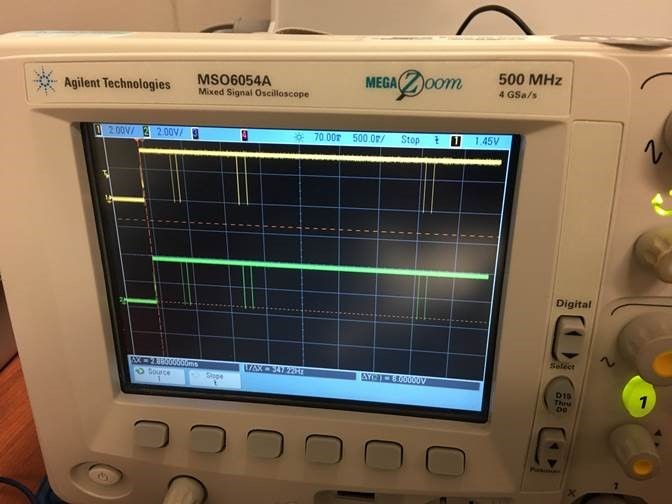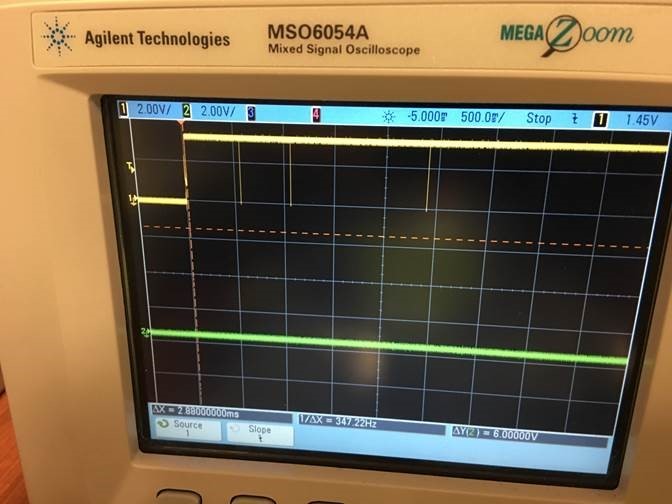Other Parts Discussed in Thread: PMP, TMP102
Tool/software: Linux
Hi,
I have a very general question regarding differences in am5728 part numbers with the same revision?
Previously we had relatively good luck with PCBA's with am5728 part number AM5728BABCXEA, where were able to boot into Linux.
But now we've got PCBA's with the same design with part number AM5728BABCXA, and those boards aren't able to get past the SPL.
Are there any known issues with AM5728BABCXA vs AM5728BABCXEA or any hardware/BSP considerations for one part vs. the other?
Thanks a lot in advance!!!
Jeff






